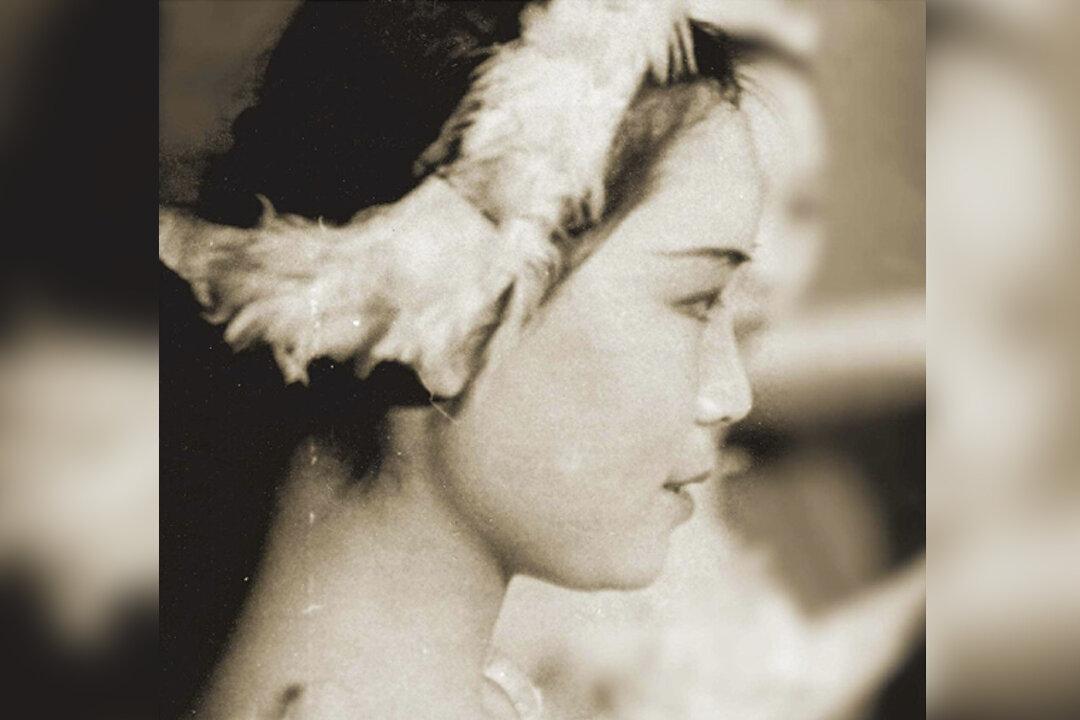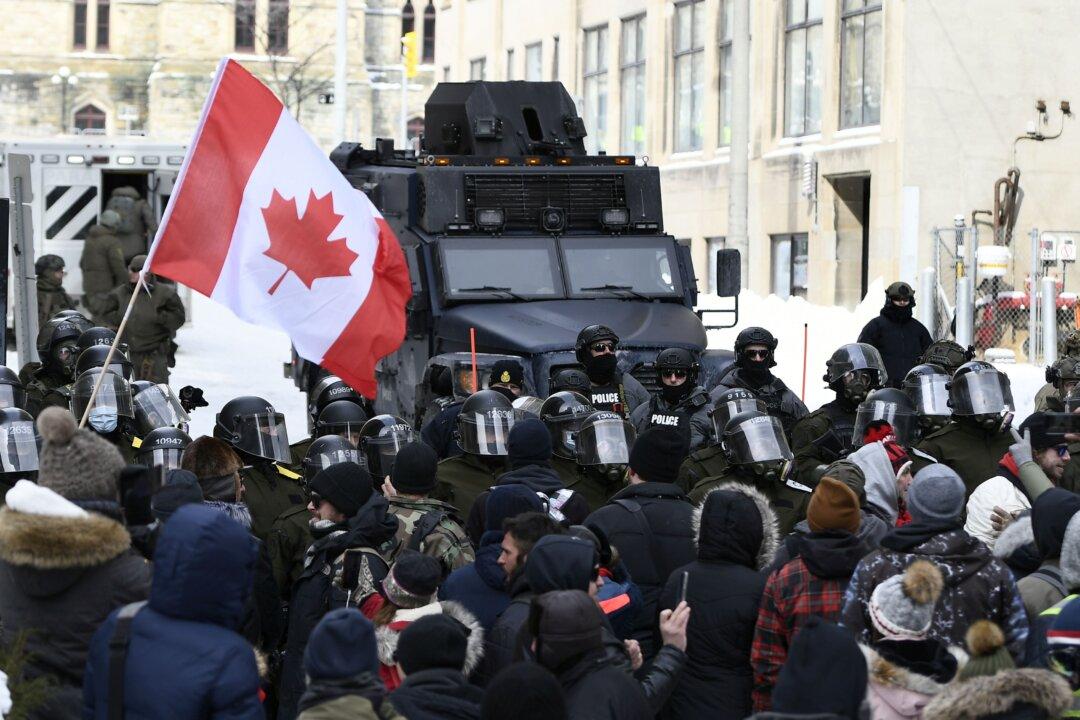Sometimes the impact of mass tragedy gets lost in the statistics. When death tolls are in the tens of millions, such large-scale suffering becomes remote and untouchable. The human capacity for empathy has reached its limit.
On the other hand, personal accounts of those who lived through atrocities do more to shed light on them than any sterile statistic could. One such story is told by Agnes Bristow in “Dancing Through the Shadow: A True Story of Survival and Courage Under Mao’s Brutal Regime,” a first-person account of life in Mao Zedong’s China.






